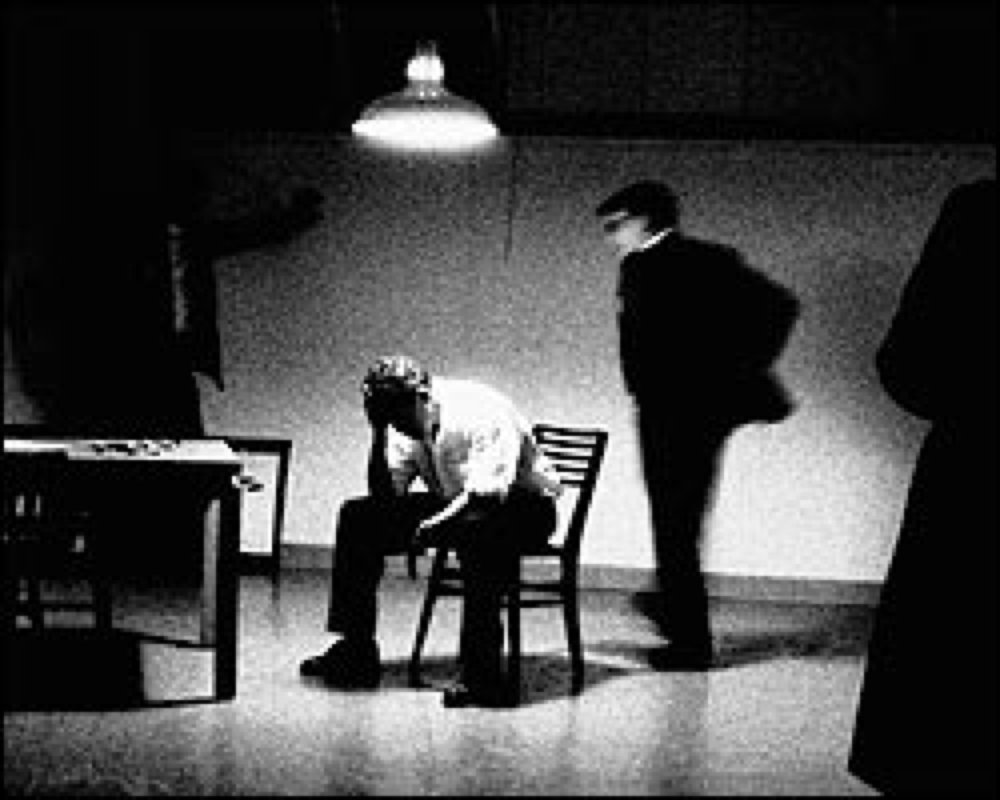Facts:
- Miranda v. Arizona was actually a compilation of four cases before the Supreme Court; Miranda v. Arizona, Vignera v. New York, Westover v. United States, and California v. Stewart.
- Each case involved a suspect under interrogation in a law enforcement building,with no connection to an attorney or the outside world, to prevent self incrimation.
- Each case involved a statement, three of the four in writing, from the accused admitting guilt. In the case of Westover, two and one half hours of interrogation by the FBI were seen as necessary.
- The issue at hand was wether or not evidence can be used against a suspect in court when there was no attorney present
Outcome:
- The court ruled in favor of Miranda 5:4
- The court held that a defendant "must be warned prior to questioning that he has the right to remain silent, that anything he says can be used against him in a court of law, that he has the right to the presence of an attorney, and if he can not afford an attorney one wil be appointed to him prior to any questioning if he so desires.
Analysys:
In my opinion, it is disturbing that it took until 1966 for this issue to be put to rest. I don't understand how; one-that an American citizen was not aware of thier rights and secondly- that the police were not required to tell people thier Constitutional rights as citizens of this country.
- Miranda v. Arizona was actually a compilation of four cases before the Supreme Court; Miranda v. Arizona, Vignera v. New York, Westover v. United States, and California v. Stewart.
- Each case involved a suspect under interrogation in a law enforcement building,with no connection to an attorney or the outside world, to prevent self incrimation.
- Each case involved a statement, three of the four in writing, from the accused admitting guilt. In the case of Westover, two and one half hours of interrogation by the FBI were seen as necessary.
- The issue at hand was wether or not evidence can be used against a suspect in court when there was no attorney present
Outcome:
- The court ruled in favor of Miranda 5:4
- The court held that a defendant "must be warned prior to questioning that he has the right to remain silent, that anything he says can be used against him in a court of law, that he has the right to the presence of an attorney, and if he can not afford an attorney one wil be appointed to him prior to any questioning if he so desires.
Analysys:
In my opinion, it is disturbing that it took until 1966 for this issue to be put to rest. I don't understand how; one-that an American citizen was not aware of thier rights and secondly- that the police were not required to tell people thier Constitutional rights as citizens of this country.

 RSS Feed
RSS Feed